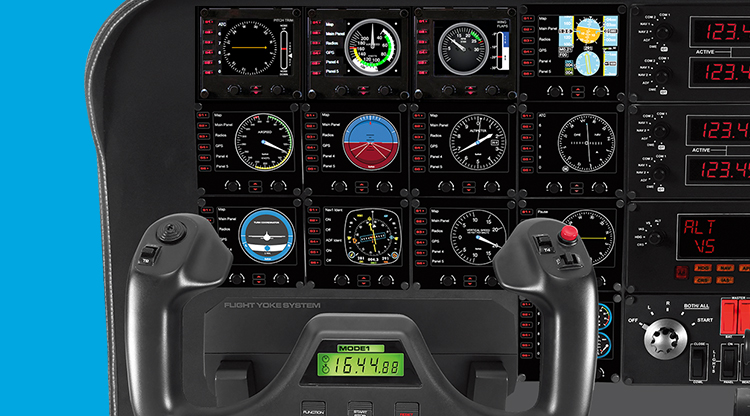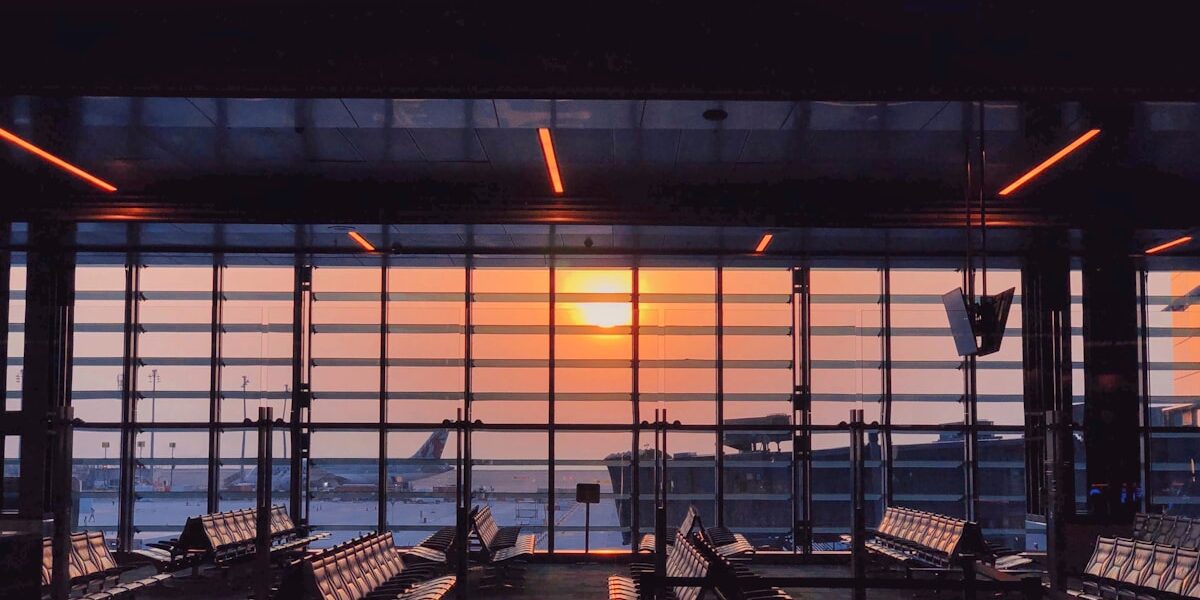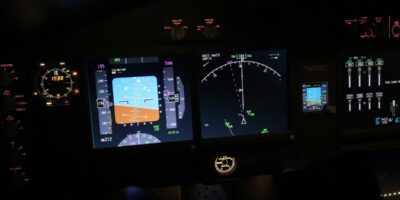Norse Atlantic: A New Era in Low-Cost Transatlantic Travel
Norse Atlantic Airways, founded in 2021, aims to revolutionize long-haul travel. It offers affordable flights across the Atlantic. The airline focuses on connecting Europe and North America. Its low-cost business model targets budget-conscious travelers.

Founders and Origins
CEO Bjørn Tore Larsen spearheaded the creation of Norse Atlantic. He envisioned an airline that could fill the gap left by Norwegian Air. The founders have extensive aviation experience. This background lends credibility to their ambitious plans. Investors were quickly onboard, seeing the potential in the market.
Fleet and Destinations
Norse Atlantic operates a fleet of Boeing 787 Dreamliners. These aircraft are known for their fuel efficiency. The fleet choice supports the airline’s commitment to sustainability. Initial destinations include major cities like New York, London, and Paris. Expansion plans aim to include more diverse routes, connecting smaller cities.
Business Model and Pricing
The airline follows a low-cost model similar to Ryanair and EasyJet. Ticket prices are kept low with a no-frills service approach. Ancillary revenue streams include fees for baggage, seat selection, and onboard meals. This model helps maintain financial stability. It also offers flexibility for passengers willing to pay for additional services.
Customer Experience
Norse Atlantic strives to balance affordability and comfort. The 787 Dreamliner offers a modern, spacious cabin. Passengers benefit from large windows and improved air quality. In-flight entertainment systems are available for a modest fee. The airline aims to provide a pleasant experience without unnecessary luxury.
Sustainability Efforts
Sustainability is a core component of Norse Atlantic’s mission. The choice of the Boeing 787 reduces carbon emissions. The airline offsets its carbon footprint through verified projects. Initiatives include investing in renewable energy and reforestation. Efforts align with global environmental goals, making travel more eco-friendly.
Challenges and Competition
Entering the transatlantic market poses several challenges. Established players dominate the space. Airlines like British Airways and Delta have loyal customer bases. Competitive pricing can lead to slim profit margins. Norse Atlantic’s success depends on efficient operations and market differentiation.
Market Response
Initial market response has been positive. Travelers welcome the return of low-cost options. Especially in a post-pandemic world, budget travel sees renewed interest. Positive reviews highlight good value for money. However, the long-term success will depend on consistent service quality.
Technology and Innovation
Technology plays a crucial role in Norse Atlantic’s operations. Advanced booking systems streamline customer interactions. Real-time data helps optimize flight routes and fuel usage. Innovation extends to customer service through chatbots and AI-driven support. This modern approach enhances efficiency and customer satisfaction.
Future Prospects
Expansion plans are ambitious yet calculated. The airline looks to increase its fleet size. New routes will connect additional European and North American cities. Strategic partnerships with other airlines are also on the horizon. Collaboration will help broaden the network and offer more connectivity.
Regulatory Environment
Compliance with aviation regulations is paramount. Norse Atlantic adheres to both European and American standards. Safety protocols are strictly followed. The airline also engages with aviation authorities to stay updated on regulatory changes. This ensures smooth operations and passenger safety.
Investment and Financial Health
Financial backing from investors has been robust. Transparent financial practices attract further investment. Quarterly reports indicate steady growth. Revenue from ancillary sources supplements ticket sales. This diversified income strategy supports financial stability.
Corporate Social Responsibility
Beyond sustainability, Norse Atlantic focuses on social responsibility. Community engagement and charitable initiatives are part of their ethos. Employee welfare is prioritized, offering fair wages and good working conditions. The airline’s commitment to ethical practices extends beyond just environmental concerns.
Employee Training and Development
Employee training is comprehensive. It covers customer service, safety protocols, and operational efficiency. Continuous development programs keep the team updated. Skilled employees contribute to the overall success of the airline. It also enhances the customer experience.
Market Trends and Adaptability
The airline stays abreast of market trends. Flexibility in operations allows quick adaptation to change. This agility is crucial in the volatile aviation industry. Market research and customer feedback shape the service offerings. It helps maintain relevance in a competitive market.
Norse Atlantic is positioned to make a significant impact. Its focus on affordable, sustainable, and efficient travel could reshape transatlantic flights. As it navigates the challenges and opportunities of the aviation industry, its success could signal a new era in budget travel.


